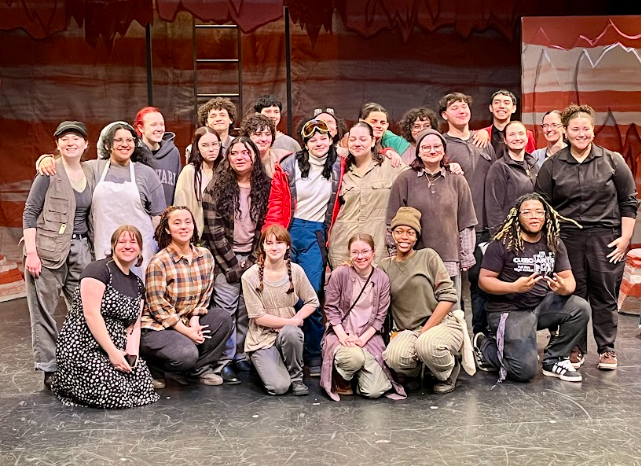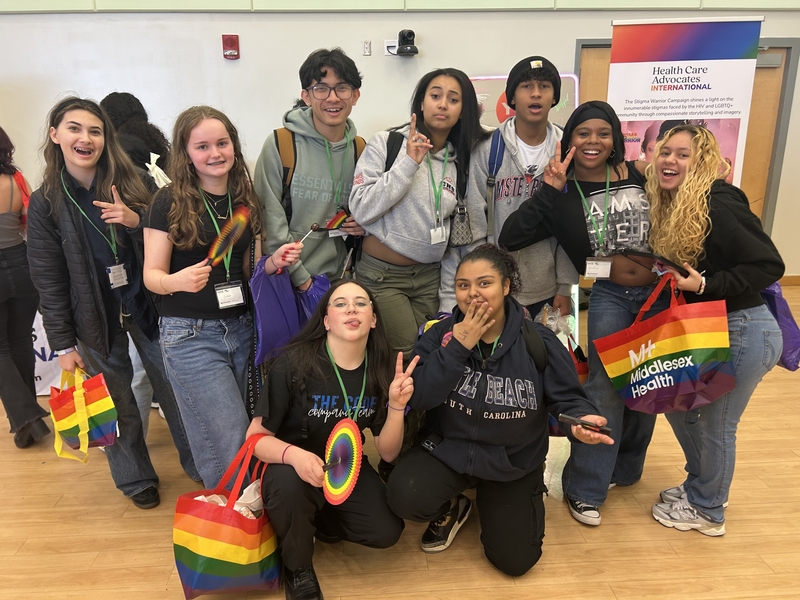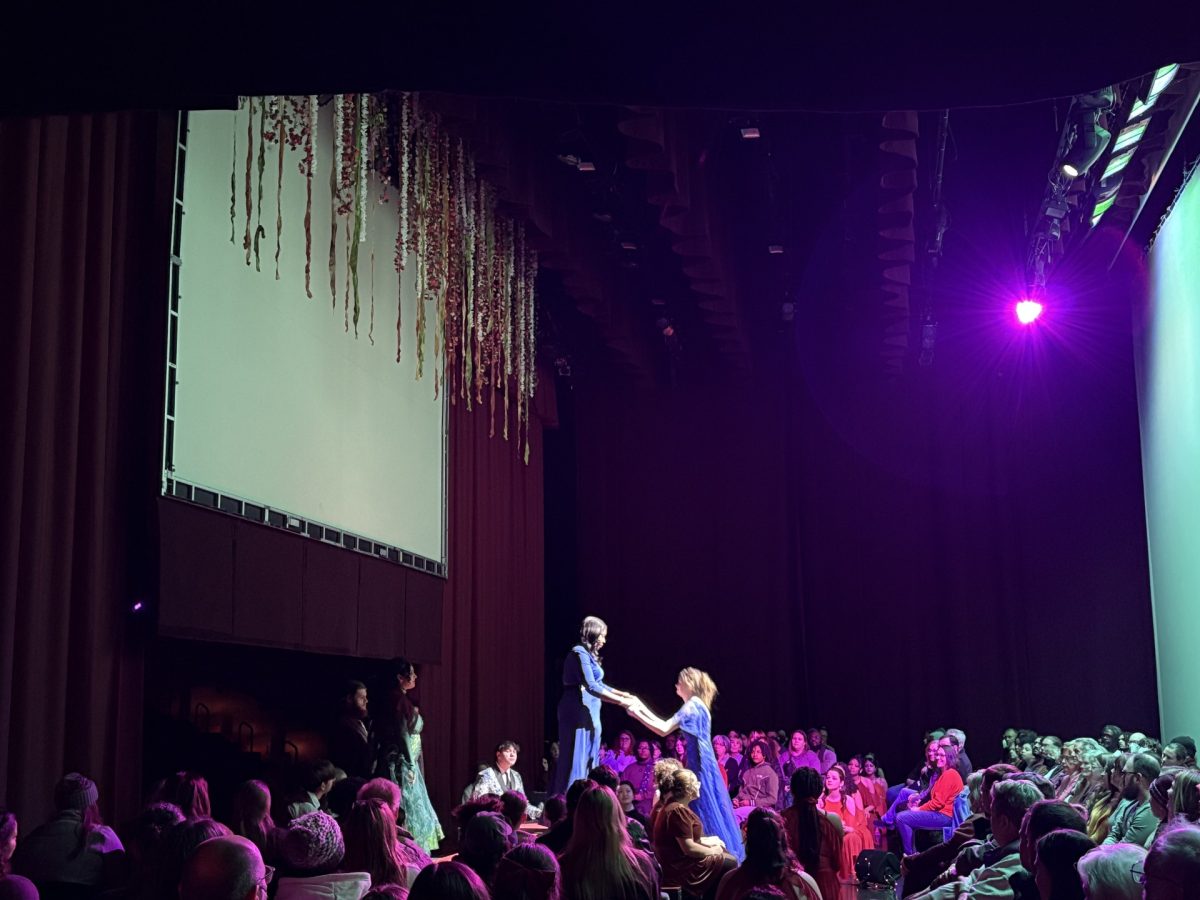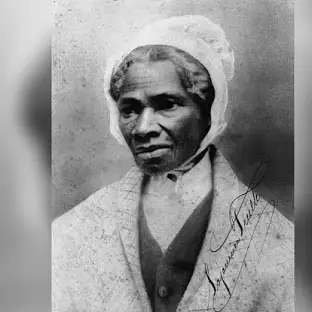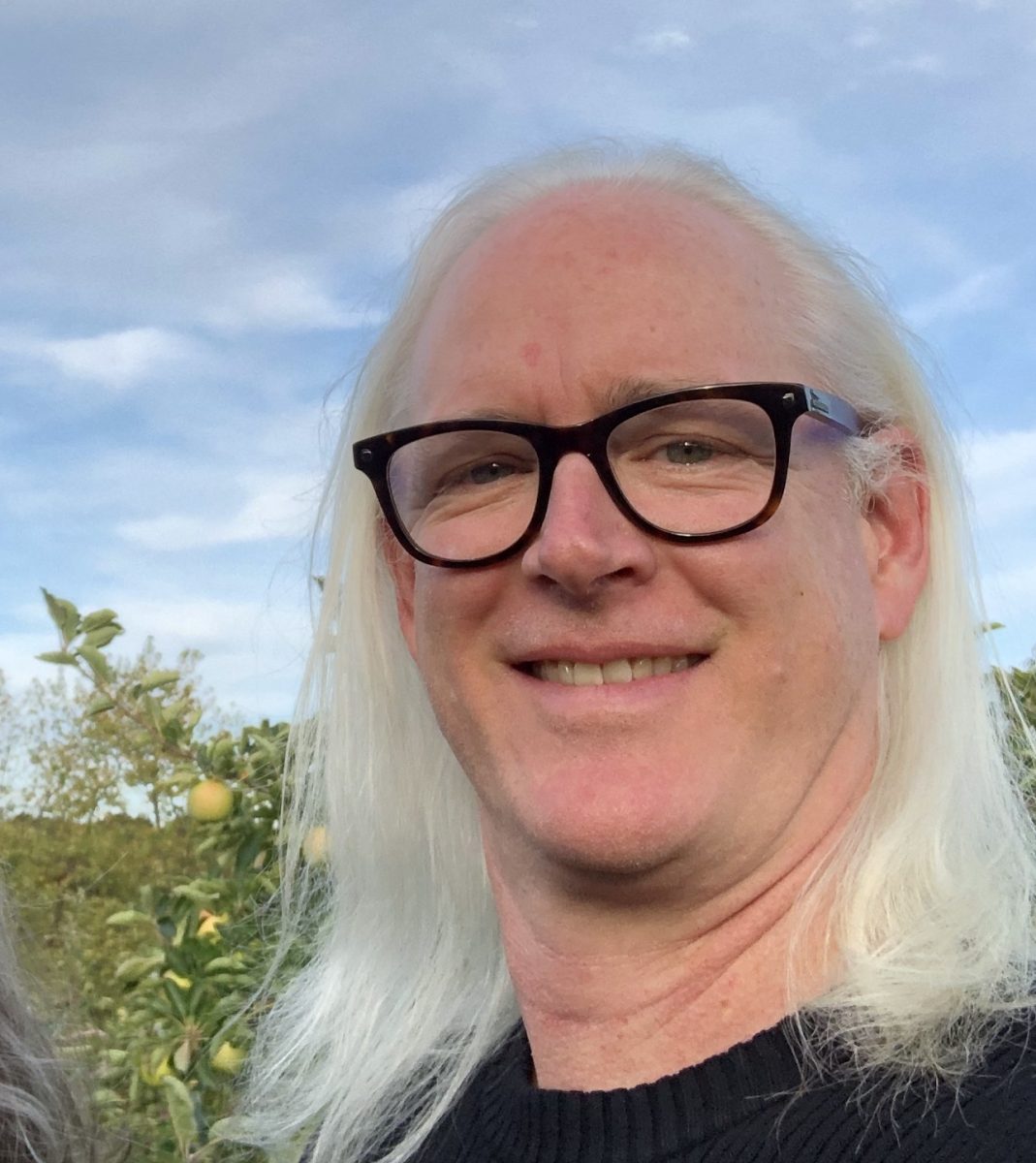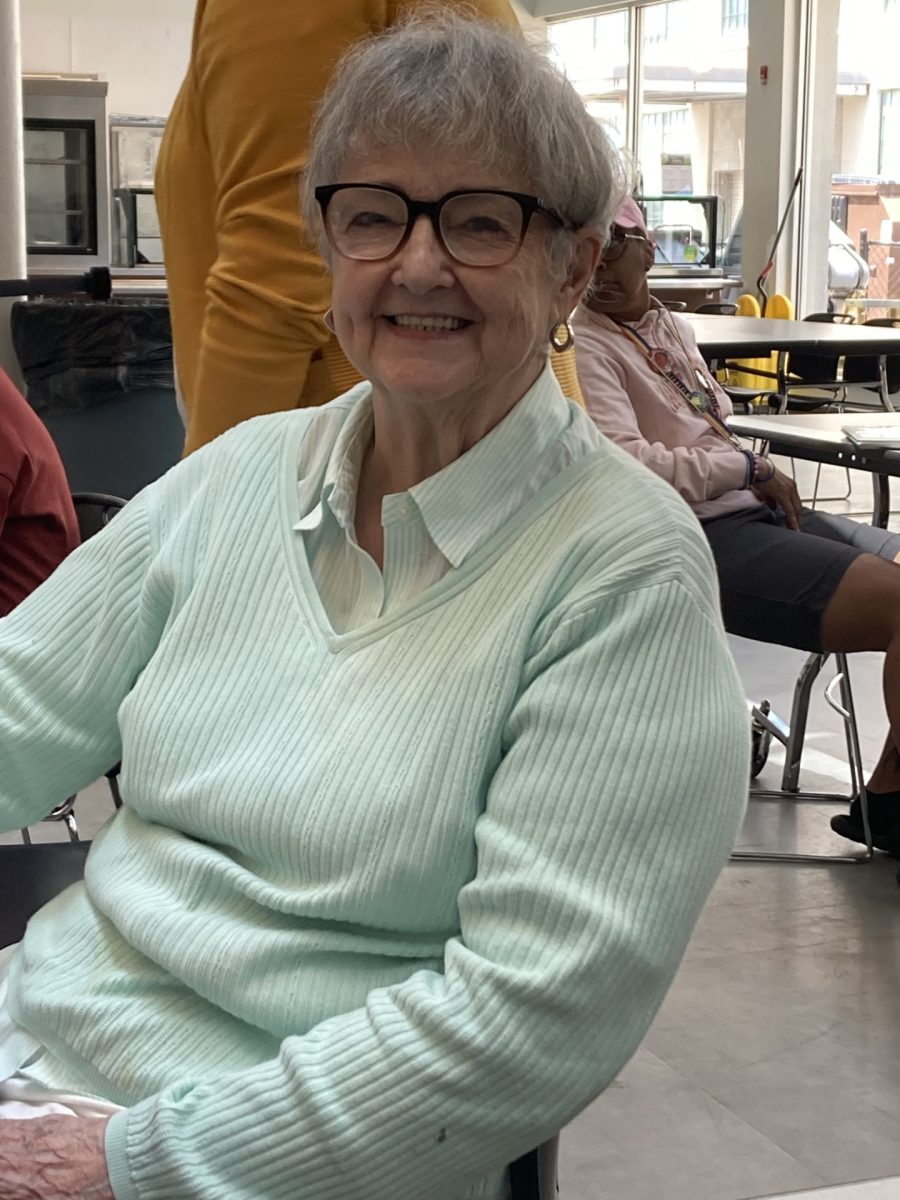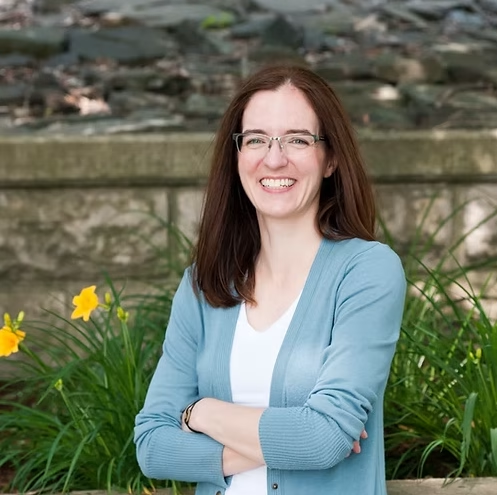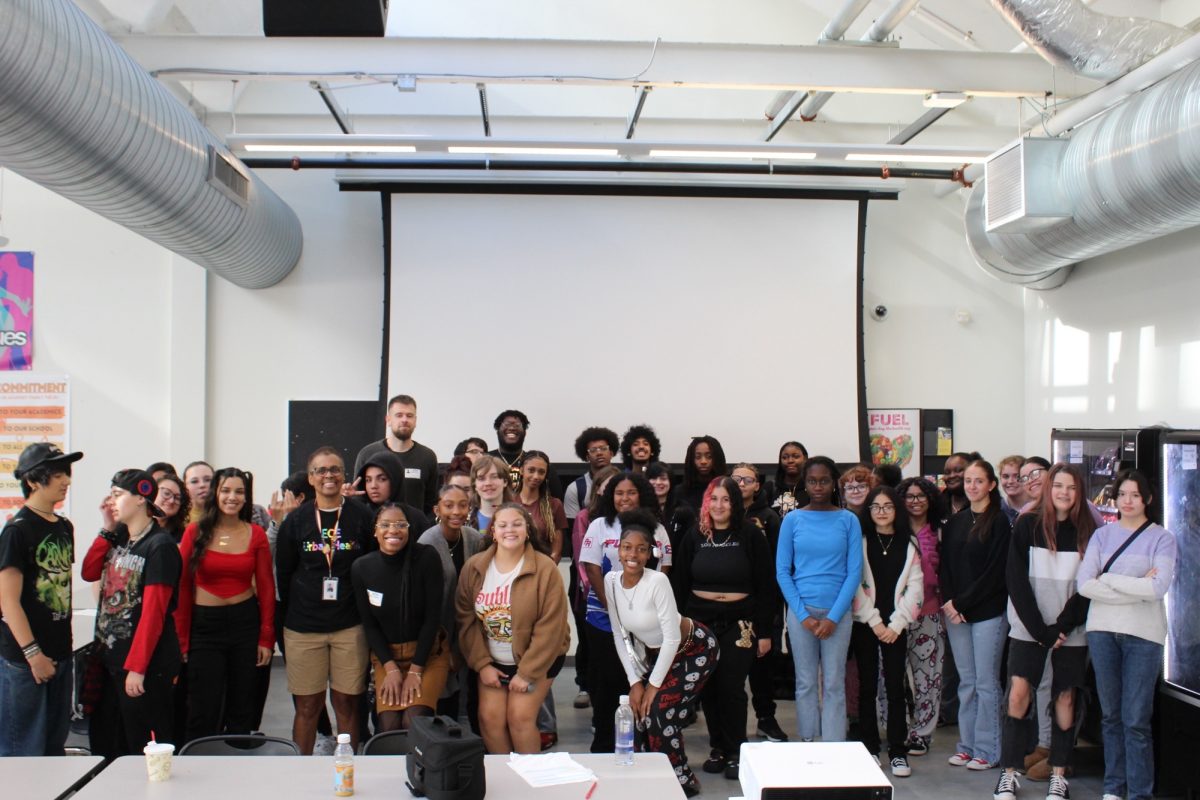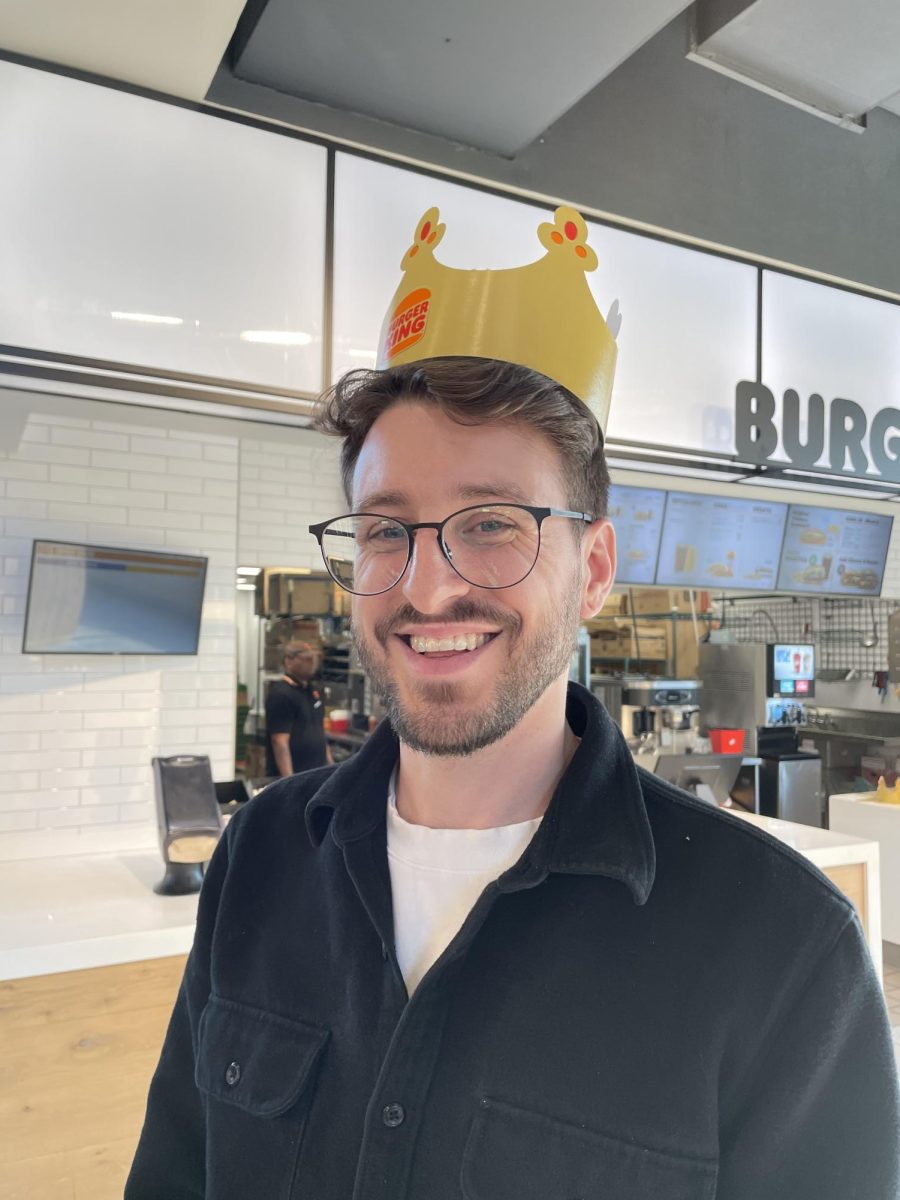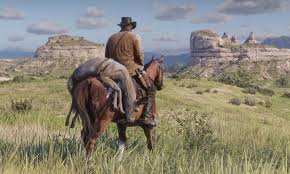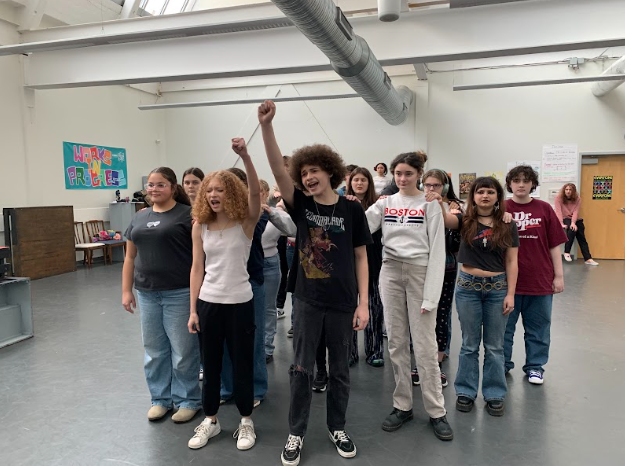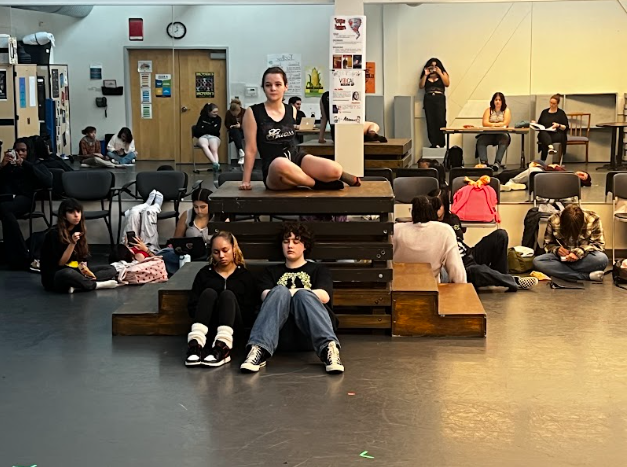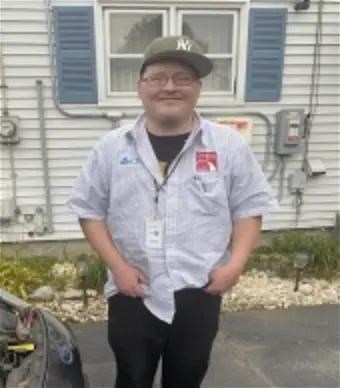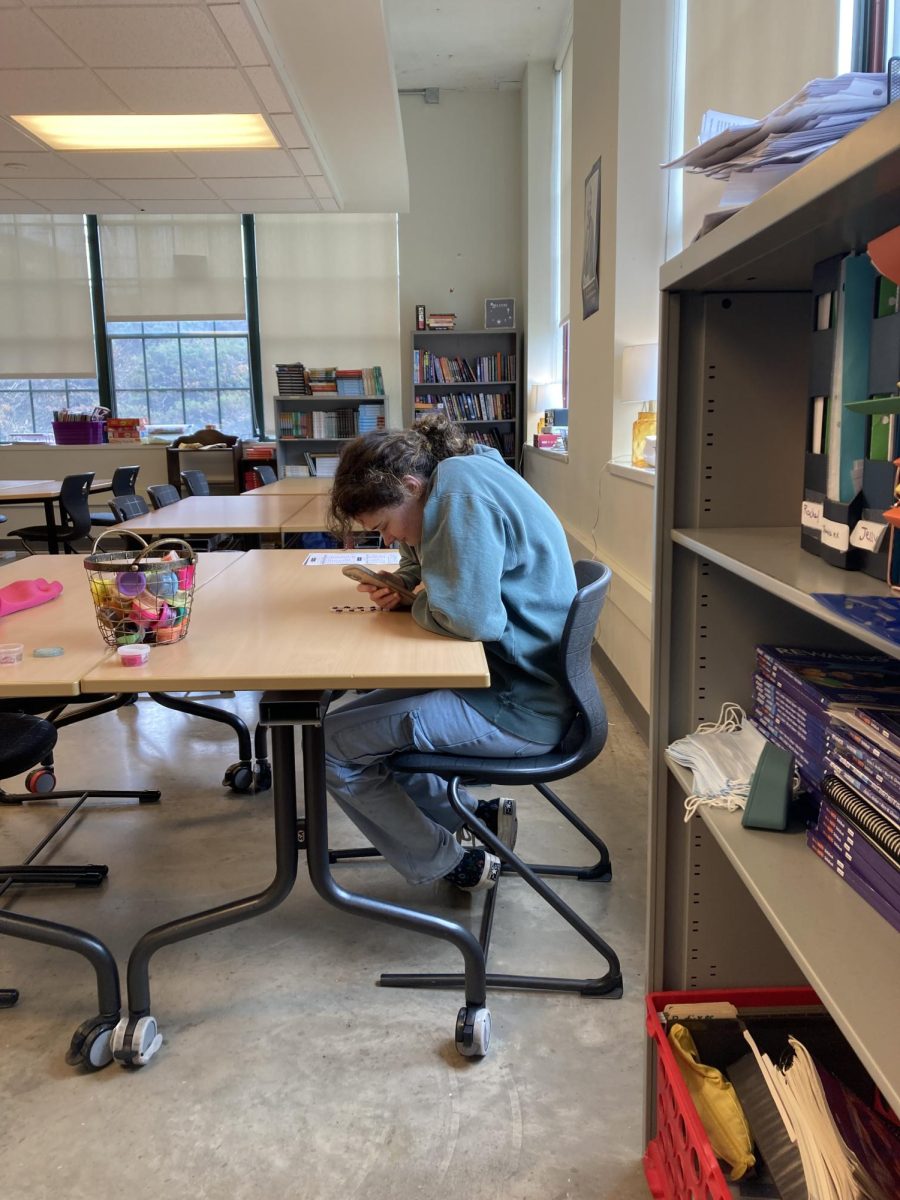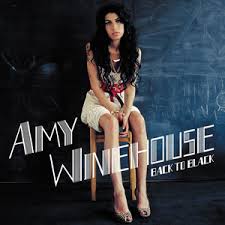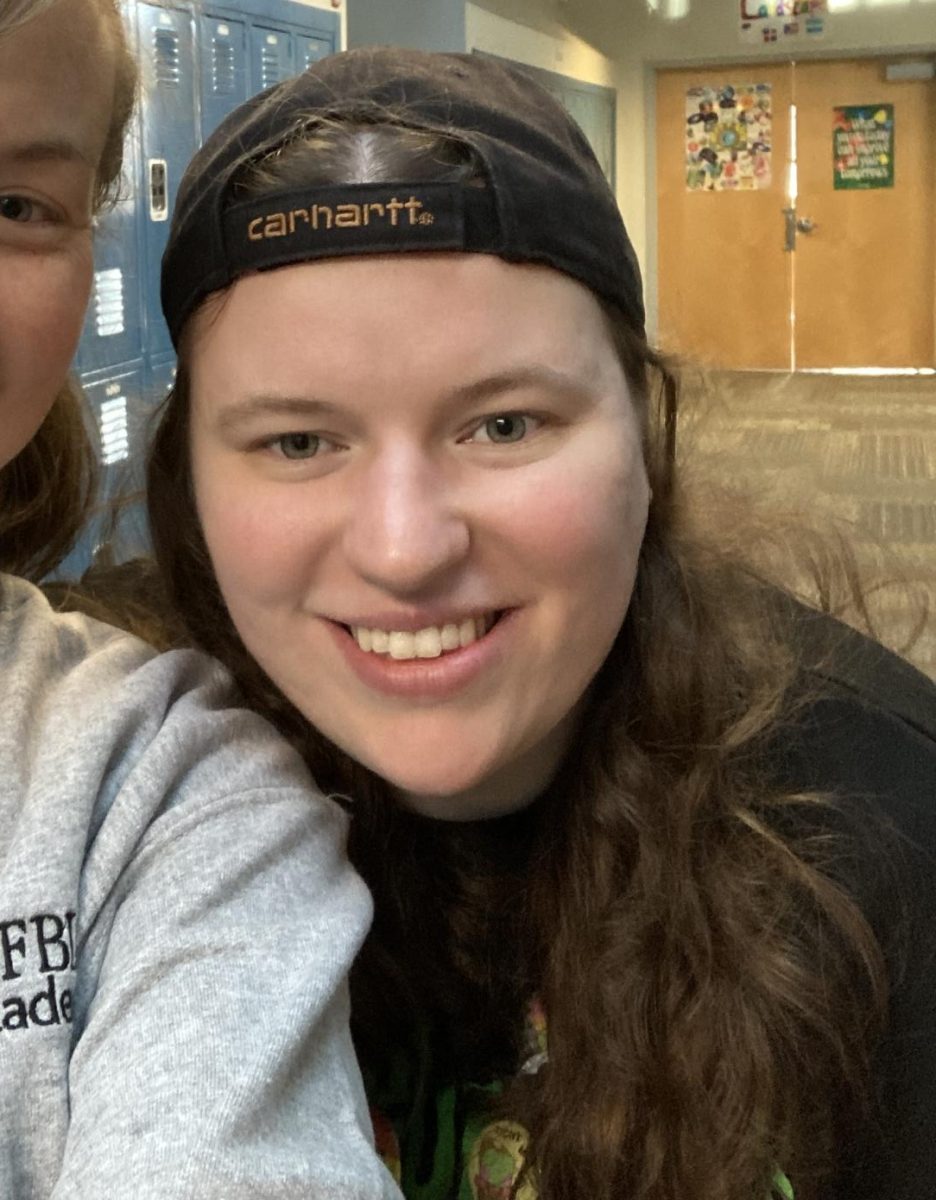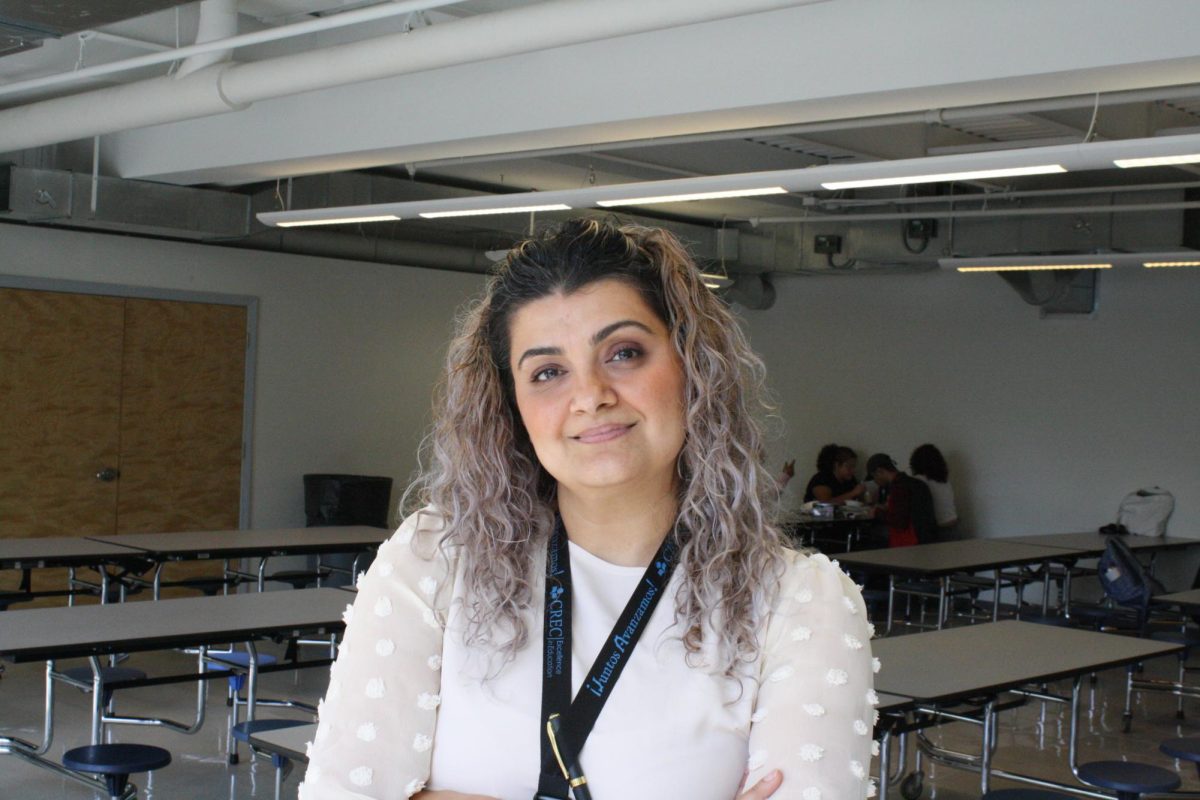Ms. O is loved by a lot of people, so she was a natural choice for an interview. We asked her some questions, and paraphrased what she said:
What is your philosophy in life?
Essentially, what Ms. O believes in is to focus on kind acts and learn new things. As a teacher and the host of the GSA, she strives to pull the two together as much as possible in her daily life. She considers herself a life-long learner; for example, she continues learning about history, honing her craft and expertise to this day.
What is your latest rendition of the injured leg story?
Her legs have been unstable in recent memory, as she has a genetic abnormality that impacts her joints. On this particular day, they loosened (to the point she declared them “loosey-goosey”) and well, I’ll spare you the details, but she fell. She said a word she wishes she never said, but got the class out of the room. Ms. Shawda was a big help in getting the paramedics to her room, getting the students out of the class, and even in bringing their bags into the room where the students were staying. She has continued to thank Ms. Shawda daily. Ms. O also stressed that she didn’t cry, and that she didn’t trip. The medics helped her to the ambulance (they didn’t have any stretchers, so she had to walk) and eventually made a full recovery, though not from the $150 ambulance fee.
We joked that the whole situation could’ve been on Adult Swim.
What was it like working at the Mark Twain House?
She mostly talked about how she missed the experience. She spent about three years there, diving deep into her favorite interests. She also learned how to do public speaking and storytelling, as she struggled a lot with it before. However, she mostly talked about how she missed the experience. She spent about three years there, diving deep into her favorite interests. Ms. O typically gave general tours, which were tours of each floor that created the narrative of Mark Twain’s life out of the rooms and furnishings. Becoming a tour guide was a big challenge for her, as there’s no script or prescribed way for the guides to tell the story, but she pushed through. She learned all about Mark Twain and how the different items in the house were connected to his life, so the story she told was tied into the environment.
And, as we all know, Ms. O loves history, so she always asks, “Why should we learn this?” For Mark Twain, she said that his impact on the world is important to study because it shows us how authorship and influence played such a big part in his ability to make change. Ms. O always knew she wanted to teach, so through her experiences in the Mark Twain house and the Wethersfield Historical Society, she found her way to us here at GHAA.
How do you design your assignments?
Ms. O believes in basing her assignments on what real historians do — things like deep research, cross-referencing, independent opinions, etc. This forms the core of the design of her assignments, where she understands the researcher’s point of view and tries to instill that thesis of research in her students. She attempts this by reaching from the topic to the student, something known as “backwards design.” The issue that presents itself is how to approach the topics themselves. Ms. O’s goal of teaching a unique version of American history focuses on topics that are often forgotten, and which require a serious viewpoint for learners (and educators) to pay respect to those affected by these topics. It’s a careful balance of avoiding overcomplication and teaching the stories in a respectful manner. The nuance of this is central to helping her students learn how to be historians, even – maybe especially – in matters hard to digest.
She stresses that it is always okay to give her input on how she could improve.
